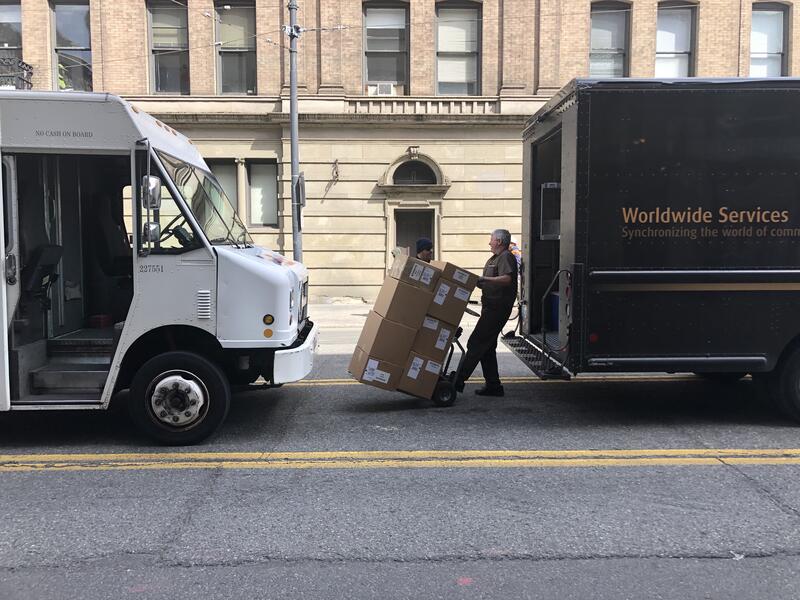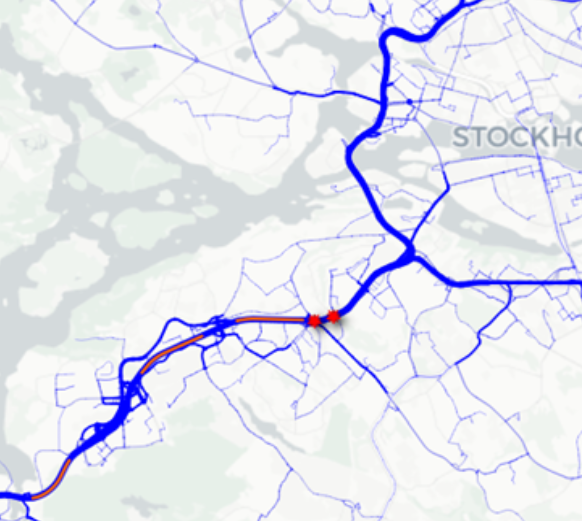Triggering Regional Accessibility and Networks for Sustainable Intelligent Transportation

This project addresses the challenge of offering and interweaving eco-friendly transportation choices in suburban areas with those in city centers. This will be done with a specific focus on Eugene, Oregon, and Linköping, Sweden. Despite growing awareness of environmental impacts, various factors, psychological, societal, and infrastructural, often impede the adoption of sustainable transportation practices. The project's primary objective is to provide suburban travelers with viable alternatives that align with environmental goals and reduce overall energy consumption.
The collaboration includes Linköping University (LiU), University of Oregon, VTI and Line Transport District (LTD). This newly forged constellation combines similar research interests together with complementary knowledge. While Linköping University and University of Oregon both possess excellent complementing experience in the field of affective design and how to measure subtle customer values, as well as turning them into concrete concepts, Linköping also possess experience in multimodal and seamless transportation. VTI has the corresponding broad theoretical and practical experience on novel travel concepts while LDT has good experience in implementing novel methods into practical service and product solutions. In addition, VTI and LiU have a good platform in running experimental autonomous buses at campus Valla, while LDT can provide real-life infrastructure in the US and good experience with electric scooter sharing (Superpedestrian link).
The emphasis is on ensuring gender equality and incorporating a feminist perspective in resource allocation and role distribution. Employing an experimental design-driven approach, the project integrates psychological insights with design methodologies, nudging, and co-creation. Deliverables range from comprehensive reports and guidelines to scientific papers and teaching materials, disseminated among policymakers, researchers, students, and a broader audience. Implementation is structured across four work packages, supported by regular meetings and online collaboration tools to ensure seamless teamwork. The project envisions a sustained collaboration between universities, anticipating additional funding for demonstrators and paving the way for long-term cooperation in advancing sustainable transportation solutions.
Project manager: Simon Schütte, Linköping University
Parties: Linköping University, the University of Oregon, VTI, and Line Transport District
Period: 2024 to 2025
Explore your opportunities


What we offer actors in Sweden
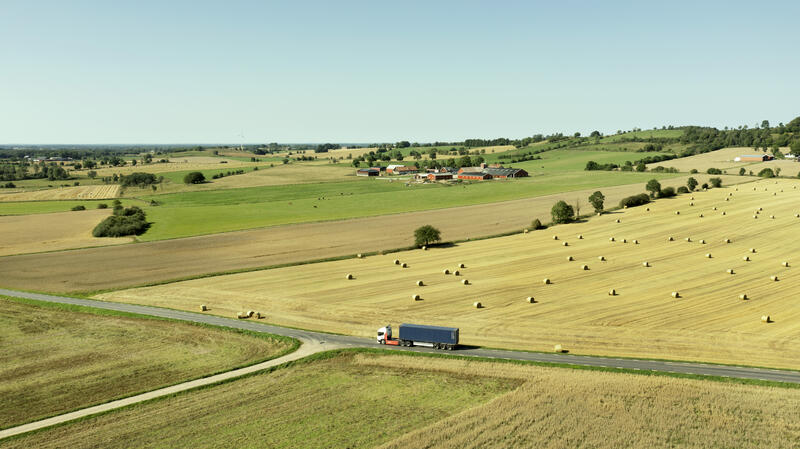
What we offer actors in the United States
Our innovation projects
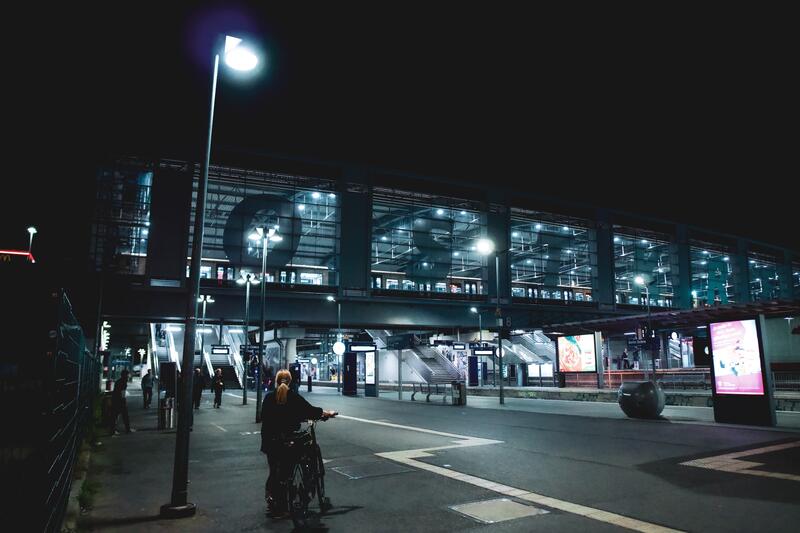
A Design Framework for Women-Centered Mobility Hub
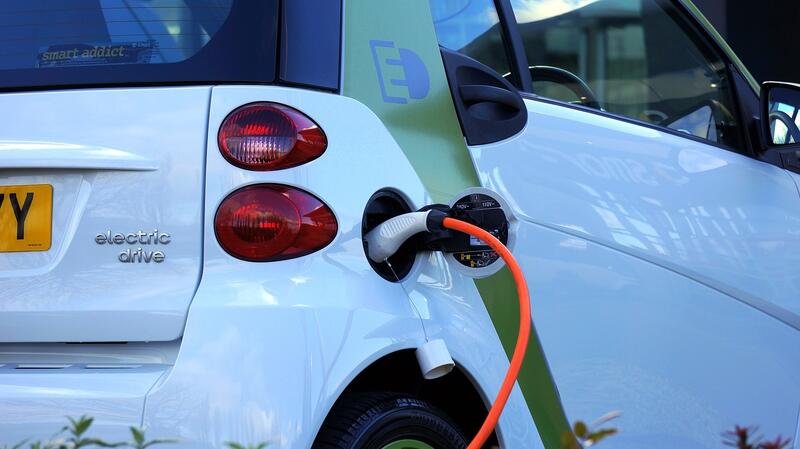
Advancing mobility through sustainable, robust, and innovative battery technology
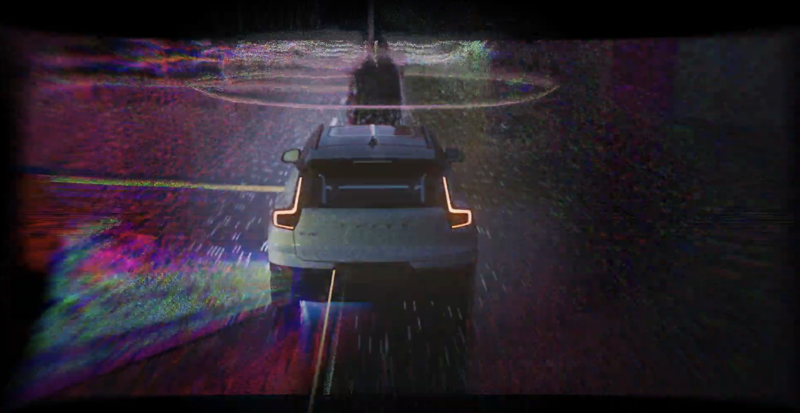
AI Aware
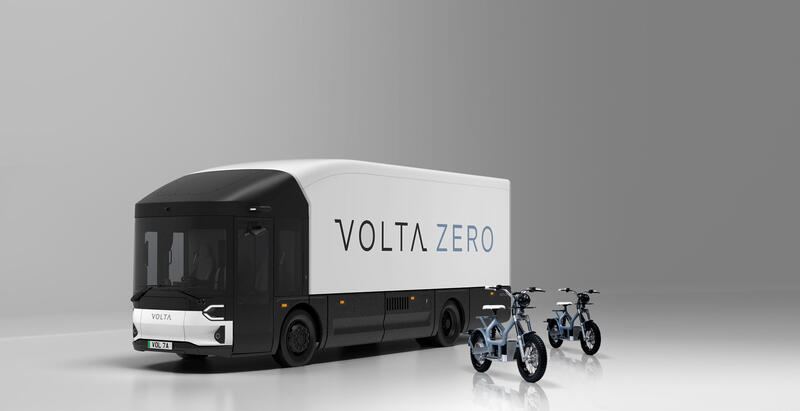
Carbon free zone for transportation of goods in San José

CyberMAP
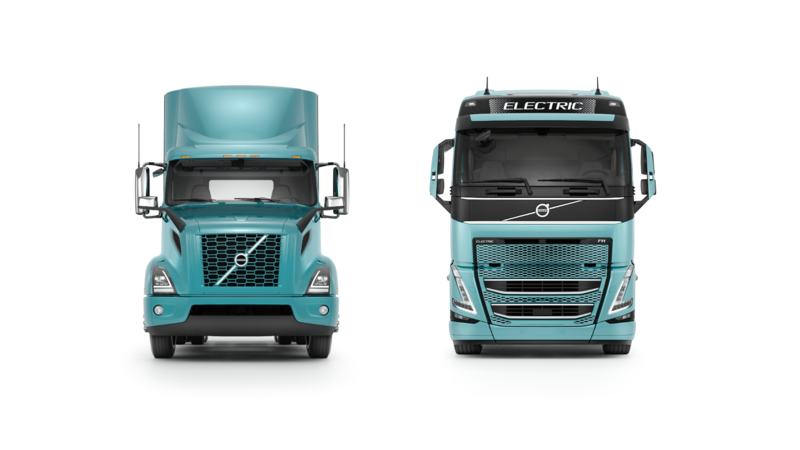
Exchange for more BETs
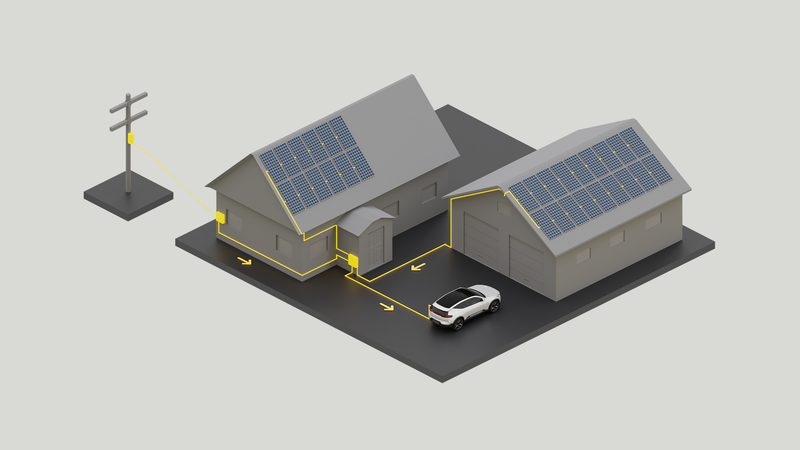
Implementation Roadmap for Swedish Automotive Vehicle-to-Grid Services in California

JustFuture

Shared Standards for Shared Mobility

Sustainable and low-cost methodologies for manufacturing high-performance composite materials
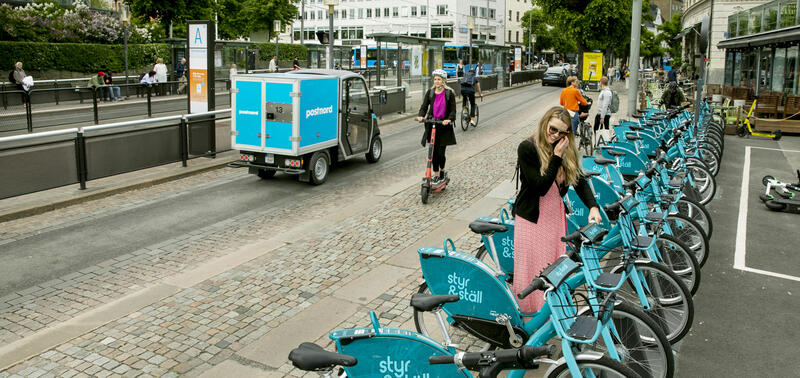
Sweden California CoLab

The Street Value Tool

Transatlantic Cooperation for Leveling Up MaaS
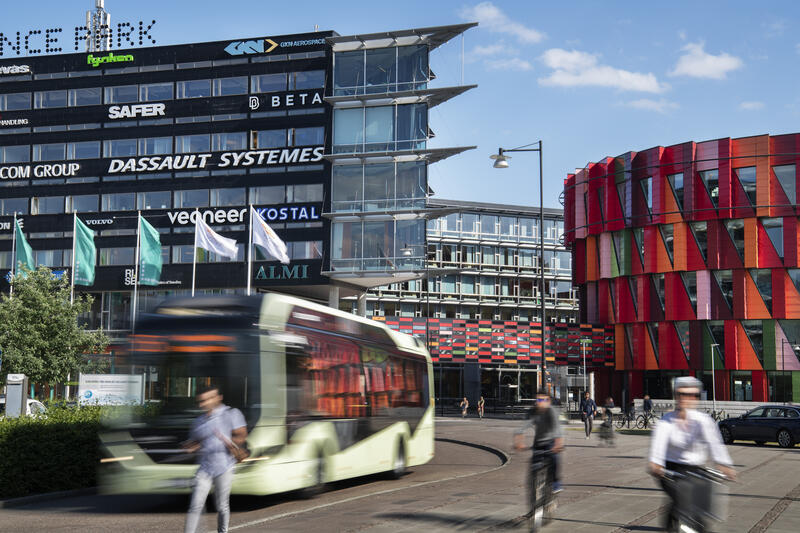
Transit Oriented Development (TOD), mobility hubs and Shared Autonomous Vehicles (SAVs)
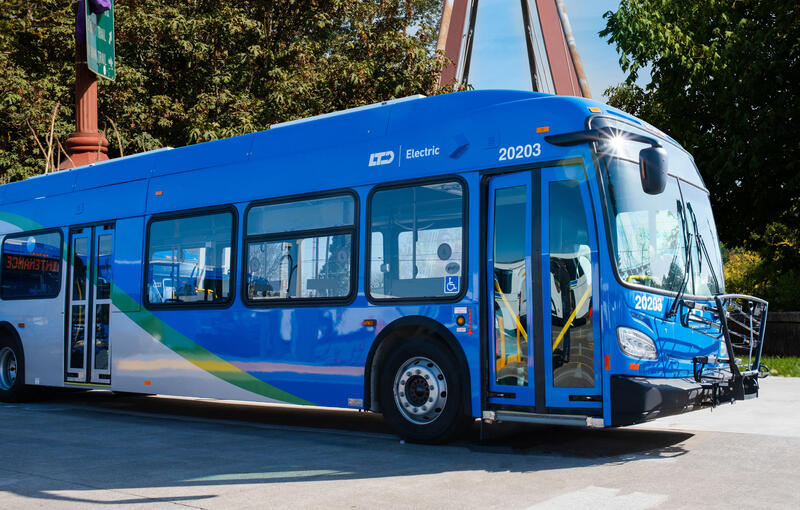
Triggering Regional Accessibility and Networks for Sustainable Intelligent Transportation
